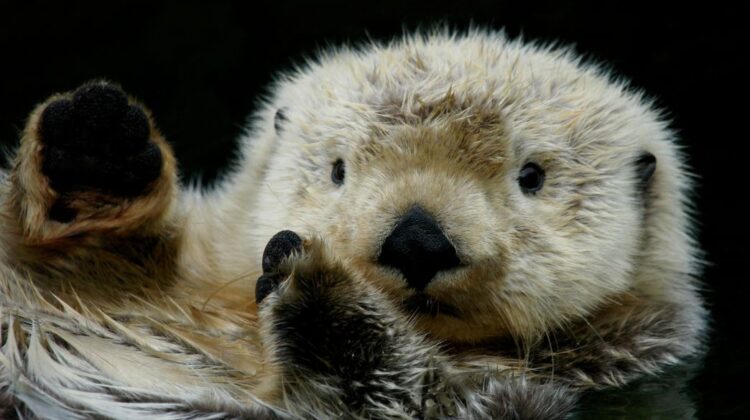
Scientists in California are baffled by a wave of fatal shark attacks on sea otters, despite the fact that the predators have no desire to feed on their furry prey. Tim Tinker of the US Geological Survey’s Western Ecological Research Center told National Geographic that “as far as we can tell, a white shark has never eaten a sea otter,” and that whenever a deadly attack occurs, “we always get the whole animal back.”
While the occasional shark venting its rage on another animal would probably go unnoticed, the number of otters being slaughtered by Californian sharks is increasing at an alarmingly rapid rate. “Shark-bitten animals now account for more than half of the [otter] carcasses we find,” according to Tinker, and “exceeds all other sources of death combined.”
As a result, sea otter populations in parts of California have declined, causing conservationists to be concerned.
Researchers can determine the cause of death because bite marks on the otters’ bodies match those of white sharks, and several have been discovered with teeth lodged in their fur and flesh. However, because the animals are essentially oversized hairballs that provide very little nutrition to predators, researchers are baffled as to why local sharks appear to have taken up this murderous craze.
One theory is that the sharks are mistaking otters for more nutritious prey such as seals and sea lions, which are high in caloric blubber. Only after biting them do the sharks realize their mistake and abandon their hairy leftovers to float away.
While this theory, which is also used to explain the majority of shark attacks on humans, may hold water, Tinker insists that we can’t be certain of the true cause of this phenomenon, saying “the truth is, we’re in deep I-just-don’t-know land.”
The second part of the mystery is why there is such a sudden increase in shark attacks on otters right now. One possible explanation is that successful conservation in recent years has led to increases in both white shark and otter populations, increasing the likelihood of encounters between the two. An alternative theory is that climate change is driving sharks further north, causing more excursions into otter habitat.
[H/T: National Geographic]

Leave a Reply